I shot an arrow into the air; it fell to earth, I know not where. — Henry Wadsworth Longfellow
Amazing, isn’t it? Words last long after we’ve spoken or written them. They remain in our memories, they stubbornly refuse to be erased from pages. They echo down the chambers of time.
Family stories are passed from generation to generation. Those stories, those words bind us together. They tell us who we are and from whence we came. 
And then there are words from the Bible, enduring words, rock-solid, beautiful words given for the purpose of telling us where we came from and where we are going, words that warn and guide and warm us.
Heaven and earth shall pass away, but my words shall not pass away. — Matthew 24:35.
As I write, I am mindful of the power of words. It could be, in generations or decades to come, somebody, somewhere, will pick up one of my books and read the words I’ve written. Sobering thought!
The characters who live within the pages of my books learn a lot by listening to other people’s stories. For example, Ned, in Moonlight Can Be Murder, sat on her porch during a cold winter day listening to Dink Renfroe and learning about the history of the house she inherited.
“Not that I’m superstitious or nothin’ like that, but, well, the full moon sure affects some people sometimes. You know?” Dink said. “There’s an old story that on the night the Decker man died, the moon was as bright as day, and if I’m not mistaken, there was a full moon the night Javin Granger died too. Is that right?”
“I knew ol’ Javin Granger,” Dink continued. “Knew him before he went to the pen too. I couldn’t figure how he would have killed that Decker man on purpose. He said it was an accident and I believed him. It was all that gossip that caused the jury to be so hard on him. Never believed none of it myself. No, sir!”
Words! They tend to stick around. We need to have a healthy respect for their lasting power.


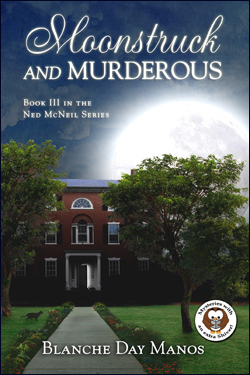
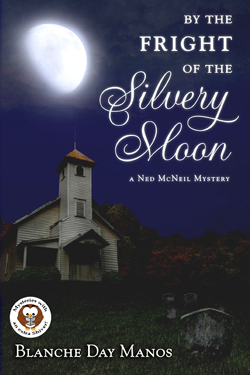
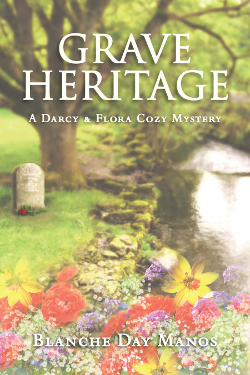
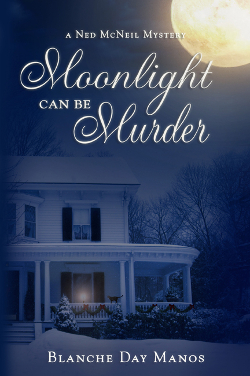
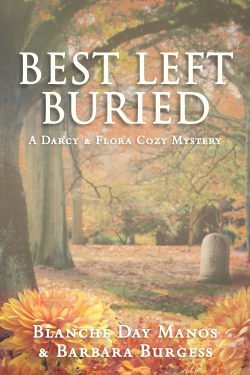
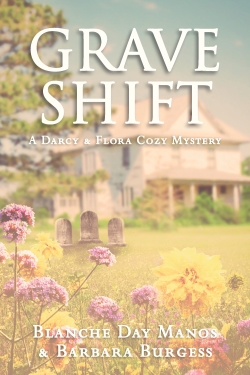
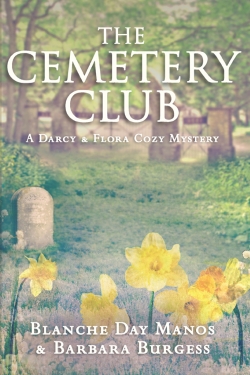
Speak Your Mind